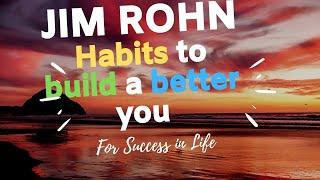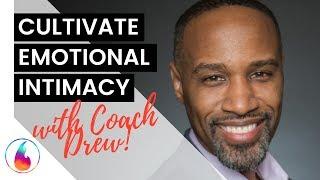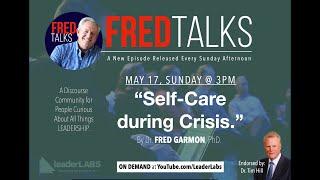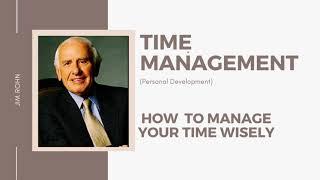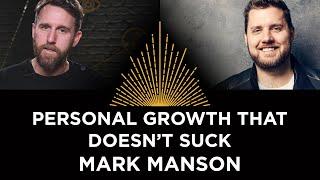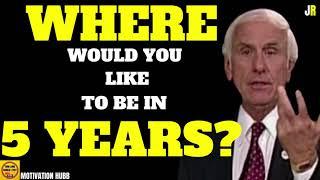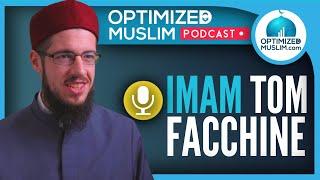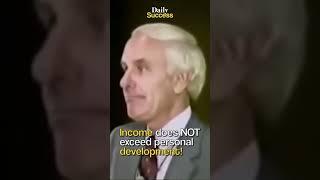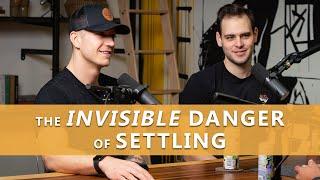Robert Christopher O'Malley (Project Director, AAAS Dialogue on Science, Ethics, and Religion)
Katharine Hinman (American Association for the Advancement of Science)
Ibrahim Abdul-Matin (Author, Green Deen: What Islam Teaches About Protecting the Planet)
Rev. Rodrick Konrad Burton
Sharon J. Grant (Hood Theological Seminary)
This session was offered as part of the 2021 Inclusive SciComm Symposium. For more information, visit https://inclusivescicomm.org/2021symposium-about/
Abstract: Religion and spirituality are important dimensions of identity for most adults in the US and worldwide. Religious and spiritual beliefs are sometimes perceived as being in conflict with valuing science, and are not always explicitly acknowledged in science communication and engagement discourse. Even when practitioners recognize the role that faith and faith communities can play in environmental justice work and other civic concerns, perceived barriers of culture, values, and identity can hinder constructive and impactful engagement. This session will be a moderated discussion among faith leaders, faith representatives and attendees interested in conservation and environmental justice, highlighting different perspectives on challenges and opportunities in this domain. In addition to their own independent activities, several panelists will also draw on their experiences with programs and projects of the American Association for the Advancement of Science.
Katharine Hinman (American Association for the Advancement of Science)
Ibrahim Abdul-Matin (Author, Green Deen: What Islam Teaches About Protecting the Planet)
Rev. Rodrick Konrad Burton
Sharon J. Grant (Hood Theological Seminary)
This session was offered as part of the 2021 Inclusive SciComm Symposium. For more information, visit https://inclusivescicomm.org/2021symposium-about/
Abstract: Religion and spirituality are important dimensions of identity for most adults in the US and worldwide. Religious and spiritual beliefs are sometimes perceived as being in conflict with valuing science, and are not always explicitly acknowledged in science communication and engagement discourse. Even when practitioners recognize the role that faith and faith communities can play in environmental justice work and other civic concerns, perceived barriers of culture, values, and identity can hinder constructive and impactful engagement. This session will be a moderated discussion among faith leaders, faith representatives and attendees interested in conservation and environmental justice, highlighting different perspectives on challenges and opportunities in this domain. In addition to their own independent activities, several panelists will also draw on their experiences with programs and projects of the American Association for the Advancement of Science.
Be the first to comment



